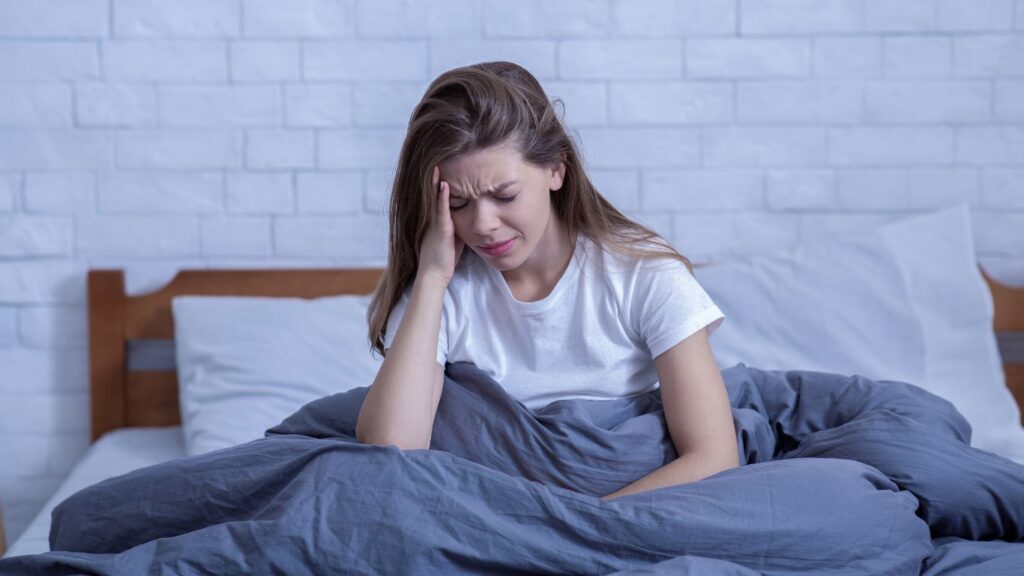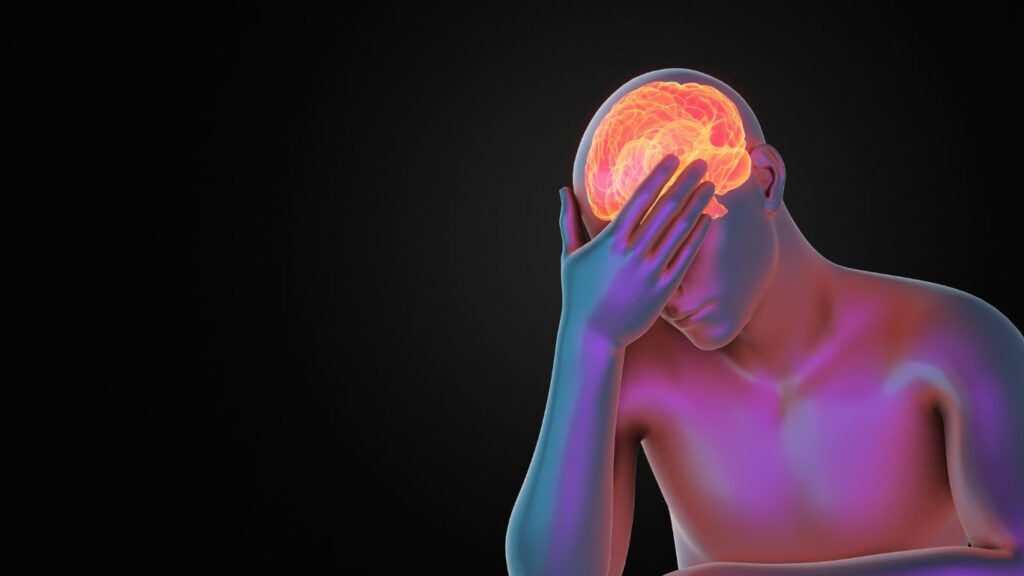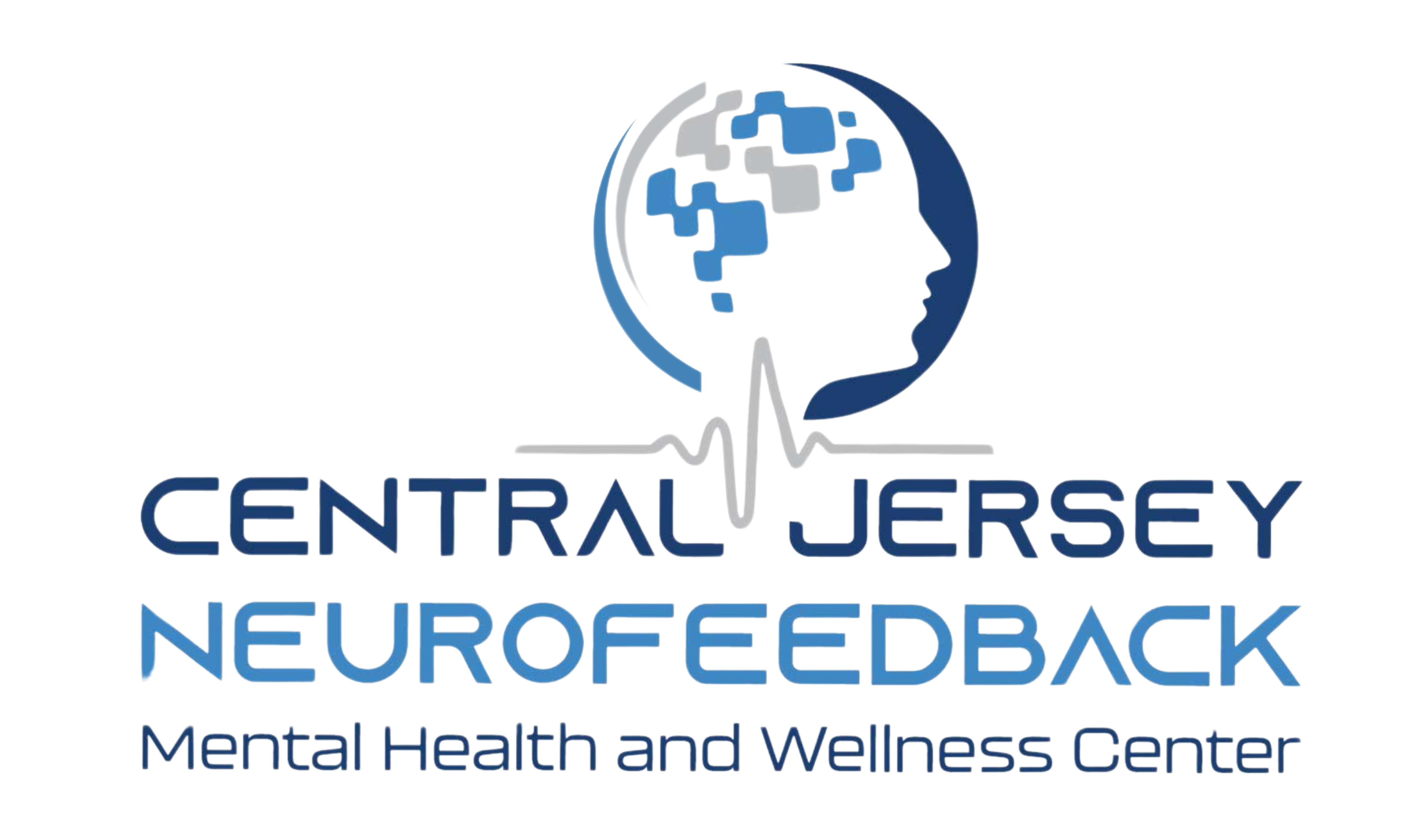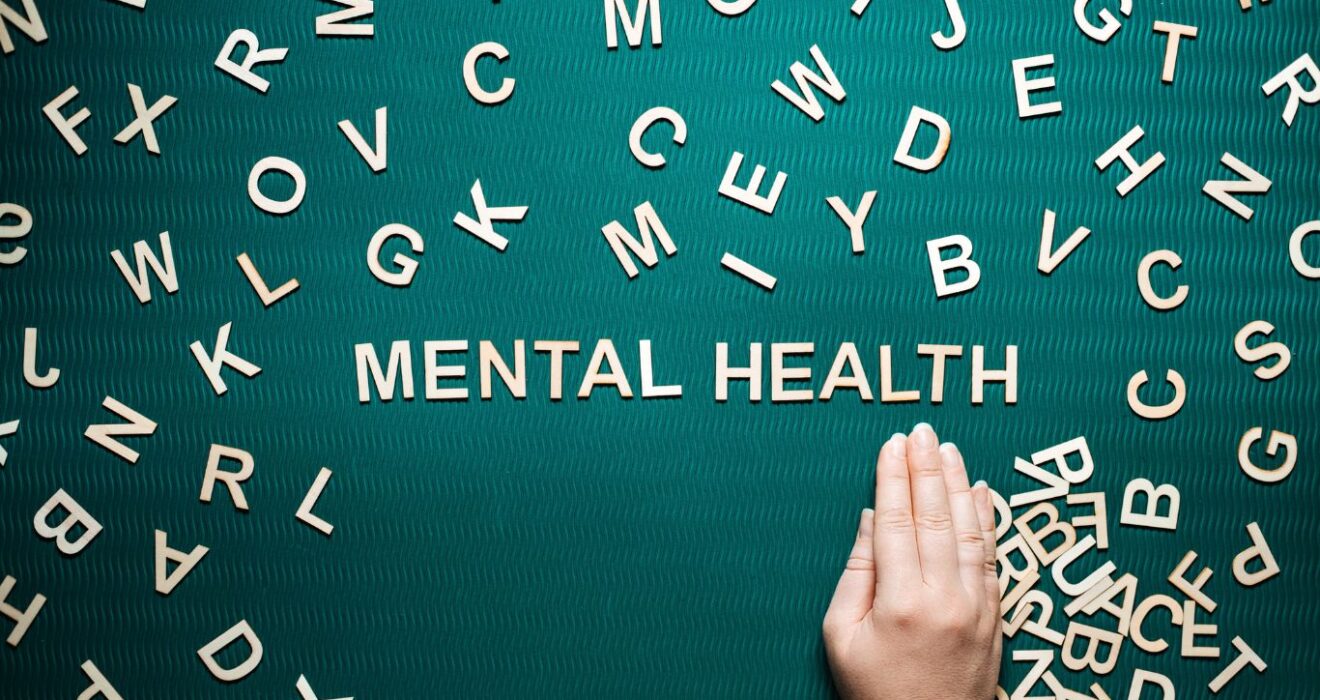Understanding the Connection Between Sleep and Mental Health Issue
Sleep is essential for a happy healthy life , but many people increasingly face sleep issues. Recent studies have shown a connection between sleep and mental health, indicating that sleep deprivation and mental health are deeply connected. This article goes through the intricacies of sleeping issues, exploring how terrible sleep affects mental fitness and how intellectual health-demanding situations can disturb sleep habits. People can effectively enhance sleep and improve their mental health with some changes in their routines.
The Importance of sleep and mental health
Good sleep helps to enhance the characteristics of the brain and also has a direct impact on a person’s emotions. While we are sleeping, thoughts resemble emotions, memories are fixed, and strength is recharged. The inability to sleep well can lead to dulling of skills, volatility, and other mental disorders.
Mental Health Implications of Sleep Deprivation
Lack of sleep can cause:
- Increased Stress Levels: Lack of sleep leads to the release of stress hormones such as cortisol in the body. This makes people feel crushed and tense.
- Mood Disorders: Sleep deprivation is linked to temper issues like despair and anxiety. It reduces the brain’s ability to adjust temper, making it more challenging for individuals to function well.
- Cognitive Impairments: Lack of sleep may affect a person’s interest, decision-making ability, and even memory, which will play a vital role in intellectual ability. After a long period of time, lack of sleep occurs in diseases such as dementia and Alzheimer’s illness.
- Lowered Resilience: People who constantly wake up tired will have poor emotional power, making them vulnerable to stress, tension, and emotional exhaustion
Mental Health Issues Affecting Sleep
While sleep can affect intellectual fitness, intellectual fitness problems can also disturb sleep. Conditions like tension, melancholy, and bipolar disease frequently interfere with the body’s natural sleep cycle, causing diverse sleep disturbances.
Anxiety and Sleep
Anxiety issues can make it difficult for people to fall asleep. Constant thinking about something, a racing mind, and a lack of ability to release can motivate:
- Insomnia: Anxiety usually results from insomnia, a situation that is described as having problematic sleep or being unable to sleep. People having anxiety disorders are known to sleep restlessly and wake up several times at night.
- Nightmares: Anxiety will also add to the possibility of having nightmares, thus increasing the amount of restless sleep and leading to the occurrence of night terrors.
Depression and Sleep

Depression can result from a few sleep disturbances, together with:
- Hypersomnia: The disease in which people sleep for prolonged duration. They feel tired upon waking despite having more than adequate nighttime sleep.
- Early Morning Awakenings: Depression can cause individuals to rise early in the morning and cannot sleep again, leading to a lack of sleep.
Bipolar Disorder and Sleep
- Bipolar disease: It is a behavioural condition that causes changes in someone’s mood, and activity levels. Individuals with this condition can feel tired, not interested in anything, and develop issues with memory and concentration.
- Reduced Need for Sleep: Those experiencing mania may experience high energy and minimal desire to sleep. This can lead to feeling exhausted after the episode.
- Sleep Fragmentation: Bipolar sickness causes interrupted sleep meaning that a person wakes up several times at night and does not get the sleep they need.
Sleep Disorders and Mental Health
Sleep disorders, including insomnia, sleep apnea, and restless leg syndrome, are associated with mental health issues. Understanding these sleep problems can help individuals correctly manage their other mental health conditions.
- Insomnia
Insomnia is one of the most dangerous sleep illnesses, it can cause serious health problems if left untreated. Chronic insomnia can cause long-term issues also connected with anxiety and temper instability.
Causes: Insomnia can be present due to some environmental factors such as stress. Lifestyle choices, like inconsistent sleep habits, steering to screens for a long period of time, and consuming caffeinated products , can also cause insomnia.
Effects: Individuals suffering with insomnia are much more likely to increase their level of stress and depression, because their brain is not having enough time to rest.
- Sleep Apnea
The condition known as sleep apnea occurs when an individual is unable to properly breathe during his/her sleep. This occurs due to low oxygen levels within the brain.
Causes: It can be linked to weight complications, smoking, episodes of alcohol intake, and specific genes.
Effects: Sleep apnea’s effects include improper sleep, which may lead to irritated behaviour, temper tantrums, and even loss of focus and efficiency. Sleep apnea raises the probability of developing anxiety and depression.
- Restless Leg Syndrome (RLS)
Restless leg syndrome causes the legs to move uncontrollably, most often at night or when they are stressed and tense.
Effects on Sleep: Nighttime sleep disturbance is widespread with RLS, which results in sleepless nights and, therefore, a greater probability to develop other mental health issues.
The Vicious Cycle: Sleep and Mental Health
Sleep problems and mental health issues often create a vicious cycle wherein one exacerbates the other. Poor sleep worsens mental health conditions and untreated mental health issues further disrupt sleep. Breaking this cycle requires addressing each individually and getting the proper professional help.
Sleep’s Impact on Mental Health
- Chronic Sleep Deprivation: Chronic sleep deprivation increases the threat of developing mental health troubles, in particular, anxiety and depression.
- Decreased Coping Mechanisms: Individuals who are sleep-disadvantaged may additionally need to address each daily stressor, which is vital to extended anxiety and mood instability.
Mental Health’s Impact on Sleep
- Persistent Anxiety: Anxiety keeps the mind constantly active and on high alert, making it challenging for individuals to fully relax.
- Depressive Fatigue: Depression may cause poor sleep. This sleep frequently lacks the important points that can lead to restlessness.
Strategies to Improve Sleep and Mental Health

Here are some guidelines to improve sleep and achieve better mental health:
Physical and mental health have a direct relationship with the quality of the sleep that is achieved, and therefore enhancing sleep and mental fitness involves a holistic approach that can encompass changes in lifestyle, medication, and other therapies.
Practice Good Sleep Hygiene
Sleep hygiene can therefore be defined as activities that are in a positive way associated with obtaining the desired sleep. These encompass:
Establish a Regular Sleep Schedule: It is important to establish a bedtime and to wake up in the morning at the same time, consistency is the key. There is no need to wake up early, and it is ok to break the cycle during weekends. This is especially helpful for the body to maintain its circadian rhythm.
Create a Relaxing Sleep Environment: Make sure that your bedroom is noiseless, doesn’t have lights, and it’s a peaceful space. Limit your screen time during the night, as the blue light can tamper one’s ability to sleep.
Limit Stimulants: It’s recommended to avoid caffeinated products, nicotine, and alcohol. These products, if consumed at night, can decrease your ability to fall asleep.
- Seek Professional Help
If sleep problems occur after lifestyle adjustments, it may be time to seek a recommendation from a healthcare professional. Therapists, sleep specialists, and psychiatrists can provide personalised plans. Medication can be prescribed to manage anxiety, depression, or sleep troubles.
Conclusion
Understanding the relationship between sleep issues and health is important. People can take proactive steps to improve both physical and mental health via lifestyle, remedies, and medical intervention. Controlling mental health illnesses can lead to a happy- healthy life. The mental health support and information provided in this page is intended for information and educational purposes only. Content provided should not be considered a substitute for psychological, medical, psychological, or psychiatric advice, diagnosis, or treatment.
It is vital to consult with a qualified mental health or medical professional for an assessment and personalised advice regarding your mental health and medications. Stoping or adjusting your medications should only be made under the direct supervision and guidance of a licensed healthcare professional. Any of the information provided in this page herein is at your own discretion and risk. We disclaim any liability for any harm, adverse effects, or consequences, that may result from stopping or altering medication without the proper professional guidance. We advise you to always prioritise your well-being and safety by seeking medical advice and maintaining open communication with your healthcare provider regarding your mental health and treatment plan.



